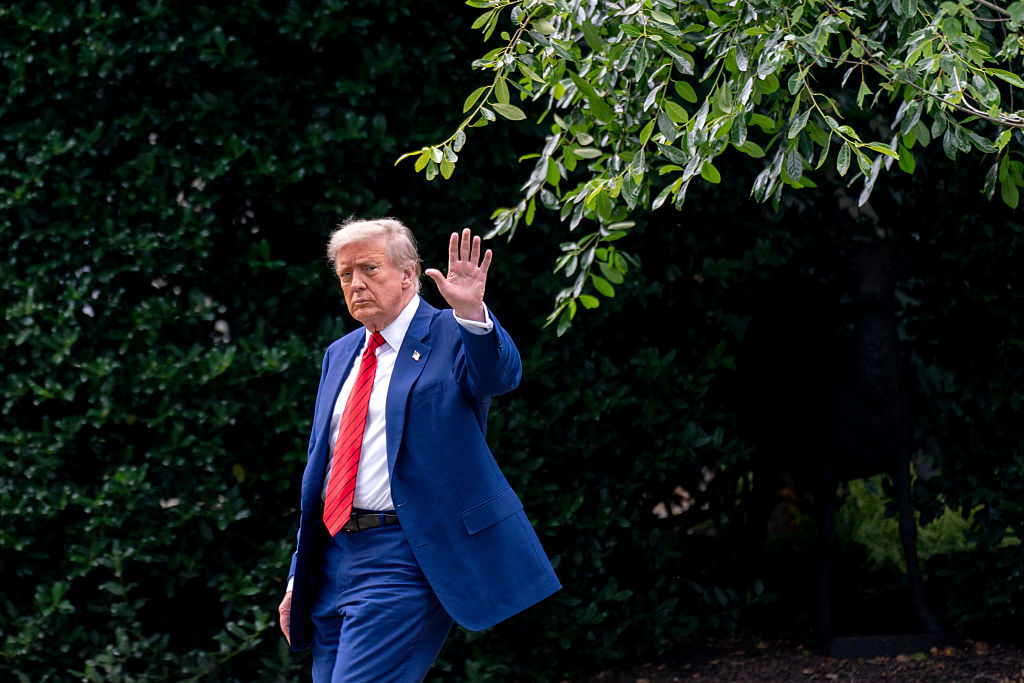Questions remain over the true damage to Iran’s nuclear program. But as conflicting comments and reports come in from the Trump Administration and Pentagon intelligence estimates, one thing is certain: Trump’s failed diplomacy got us in this mess.
I should know. Ten years ago, I was in Vienna as part of the U.S. team negotiating a deal to stop Iran from getting a nuclear weapon.
[time-brightcove not-tgx=”true”]
Those negotiations culminated in the 2015 Joint Comprehensive Plan of Action (JCPOA). It was Trump’s decision in 2018 to withdraw from the Iran nuclear deal that ultimately led to the perilous situation in the Middle East today.
The JCPOA was the result of a sustained campaign of principled, effective U.S. diplomacy. President Obama began laying groundwork for this nuclear deal as soon as he came to office in 2009. His view—shared then and now across the U.S. political spectrum—was that the U.S. cannot accept a nuclear-armed Iran. At the time, Iran claimed that its nuclear energy program was for exclusively peaceful uses. Yet given evidence of Iran’s past interest in possessing a nuclear bomb prior to 2003, the U.S. could not take this claim at face value.
To get the nuclear deal, Obama and his national security team rallied the world to increase pressure on Tehran. The U.S., E.U., and other allies put in place punishing sanctions. The U.N. Security Council followed suit with a fresh round of sanctions in June 2010 that were wide-ranging and targeted the nuclear program.
These sanctions worked: they convinced Iran to come to the negotiating table. To iron out the technical provisions of a deal, the U.S. then put together a team of top career diplomats, nuclear scientists, lawyers, and sanctions experts. It was a remarkable lineup of American patriots and professionals. It was my great honor to serve on that team.
Our goal was to offer Iran phased and reversible sanctions relief in exchange for far-reaching limits on Iran’s nuclear activities. To maximize leverage, we coordinated with other countries, including not just European allies but also Russia and China. It was difficult, exacting, high-stakes work—for months on end.
The effort paid off. Iran agreed to substantial limits on its nuclear activities, including to export out of the country around 98% of its enriched uranium stockpile. Iran’s commitments were then subject to intrusive and permanent international monitoring. By the end of the Obama Administration, the deal was working, with all sides implementing their commitments.
Trump’s abrupt withdrawal from the JCPOA in 2018 led to the predictable result: Iran’s nuclear program surged ahead, breaking free of the deal’s constraints.
When Trump returned to office in January, he launched a hasty effort to negotiate a new deal. But it bore a striking resemblance to the deal negotiated by Obama, with one nuclear expert calling the Trump framework a “dollar store JCPOA.”
Israeli Prime Minister Netanyahu tanked these talks with airstrikes on June 12. The U.S. launched its own strikes on Iranian nuclear facilities on June 22.
Trump seems convinced the matter is now resolved. But what will be the fate of the tons of enriched uranium that Iran stockpiled after Trump withdrew from the JCPOA? How much Iranian nuclear infrastructure remains intact? Will Iran ever welcome back intrusive international monitoring of its nuclear activities, such as specified in the JCPOA?
To resolve these questions, the Trump Administration will need to do the tedious, difficult work of pursuing complex negotiations. Talks look set to resume next week.
But it will require a high level of technical expertise and diplomatic capacity. And the timing couldn’t be worse, as Trump and Elon Musk’s culture war on the so-called “Deep State” has hollowed out and demoralized the ranks of government experts whose support was critical to achieving the JCPOA in the first place.
This sad saga has reminded me of what we’ve lost in the Trump era. The JCPOA was a product of effective and principled American diplomacy, undertaken in close coordination with our closest allies. It was a team effort by countless government professionals and specialists, all motivated by patriotism and a sense of mission, and operating in an era where they were celebrated not denigrated. It was a victory of dialogue and diplomacy over bluster and bombs.
Ten years ago that approach delivered results for the American people and the world. I worry about what comes next.

